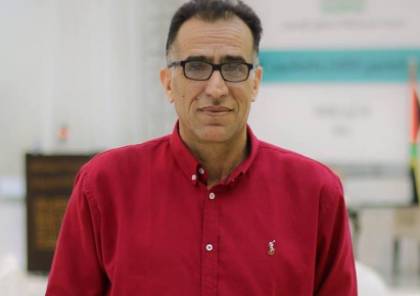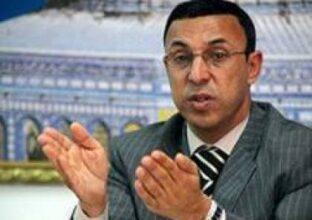Qatar and Netanyahu: Paradoxes of Mediation and Money
Al-Khamisa News Network - Gaza

By Mostafa Ibrahim
Israeli media reports have revealed the central role played by former general Yoav (Boli) Mordechai in managing lines of communication between Israel and Qatar, particularly during periods of Gaza reconstruction. Mordechai, who previously served as the Coordinator of Government Activities in the Occupied Territories, acted as a link with Qatari envoy Mohammed al-Emadi, the official responsible for reconstruction, which facilitated Qatar’s integration into the negotiation and financing tracks related to Gaza.
But that role has stirred domestic controversy in Israel. While Qatar is officially regarded as a major backer of Hamas, successive Israeli governments — especially under Benjamin Netanyahu — relied on channeling Qatari funds to Gaza, arguing it was a way to buy calm and manage humanitarian conditions. Mordechai oversaw part of these arrangements, before suspicions later emerged of complex financial ties related to his work after retiring from the military. Mordechai’s involvement comes within a wider network of several Netanyahu advisers who ran the mediation and messaging channel on behalf of Qatar.
Alongside this security and political role, controversial commercial dimensions also emerged. Mordechai founded a private company after his retirement that participated in projects linked to organizing the 2022 World Cup in Qatar, adding another layer of intertwined interests between him and Doha. This point raised questions in Israel about conflicts of interest: how can a former security envoy reap direct gains from a state whose leaders are accused of supporting Israel’s adversaries?
Suspicions intensified with the arrest of two of Netanyahu’s advisers on charges related to financial corruption and receiving money from Qatar, in what has become known in the media as the “Qatar Gate” case.
Sources indicate this case was linked to efforts to polish Doha’s image in the United States, which sparked a sharp dispute between Netanyahu’s office and the head of the Israel Security Agency (Shin Bet), ending with the latter’s ouster after he opened an investigation into these files.
The irony is that Qatar, despite being geographically distant from Gaza and not bearing direct security consequences, has been entrenched as a central mediator in ongoing negotiations over prisoners and ceasefires.
By contrast, Egypt — despite being the immediate neighbor and the traditional mediator — has in some phases been relegated to a secondary role. This shift in the balance of mediation reflects Netanyahu’s policy of making room for Qatar’s role, even at the expense of the strategic relationship with Cairo.
Practically, the roles of the two countries differ fundamentally. Egypt views any agreement over Gaza as part of its national security and fears scenarios of mass refugee flows through Rafah or the growth of armed groups in Sinai. Qatar approaches the issue from a political-media angle, being the foremost patron of Hamas and host to its leadership in Doha. Thus, involving it in negotiations grants it regional stature but does not offer real guarantees on the ground.
The Mordechai case highlights this contradiction. The man entrusted with managing the mediation file was at the same time closely connected to the Qataris in both security and commercial arenas. This raises a problem about the Israeli government’s priorities: is it safeguarding its strategic interests with Egypt, or keeping a channel open with Qatar even at the expense of those interests?
Ultimately, the story exposes a broader paradox in Netanyahu’s policy: relying on a state accused in Israel of supporting its foes, while simultaneously entering sensitive financial, political and economic arrangements with it. With the war in Gaza continuing and negotiations faltering, this approach appears more fragile than ever.






